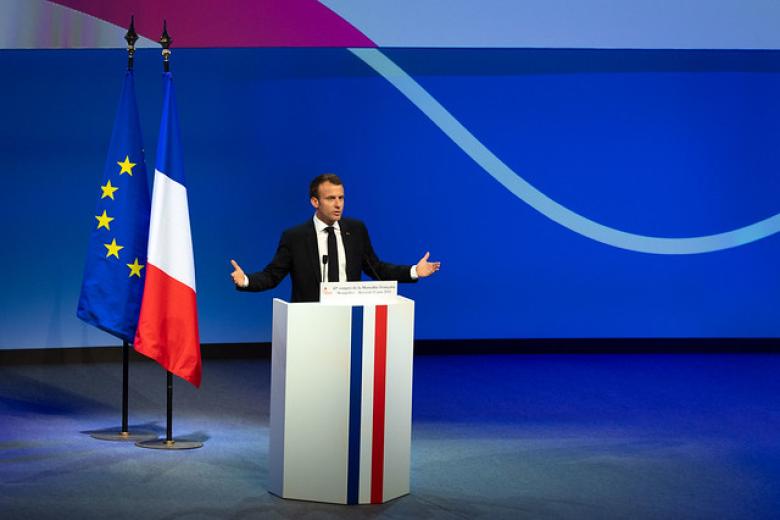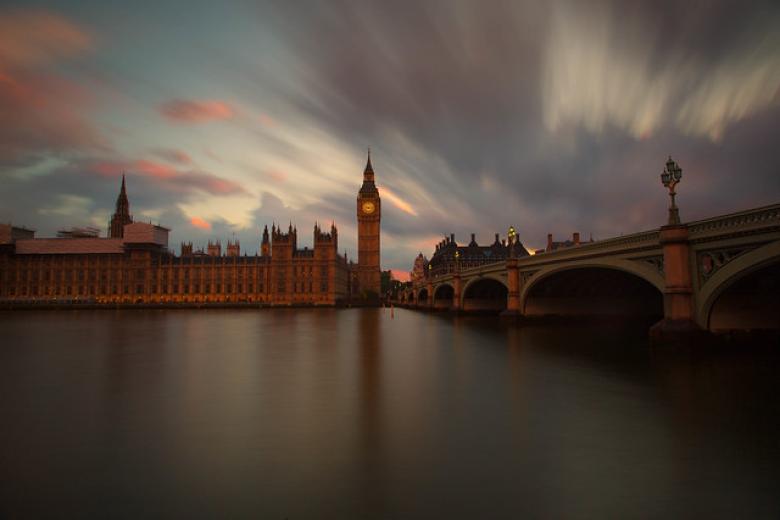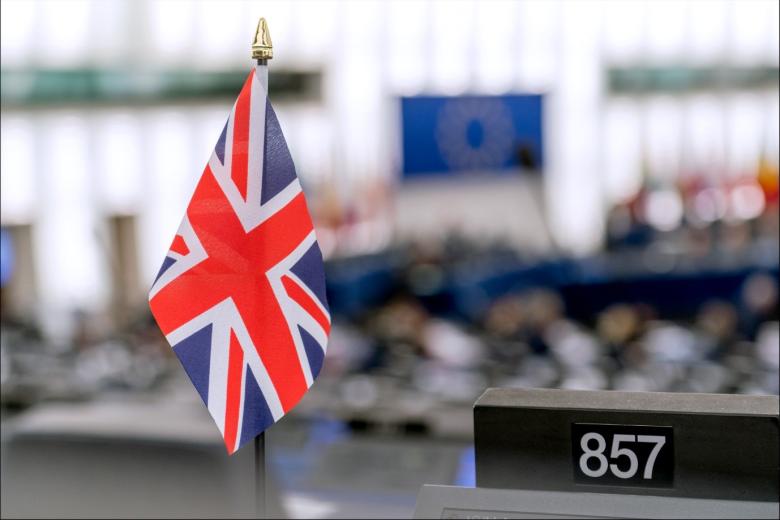Distant shores (part 1)
One year after the successful Brexit referendum, the cards are all on the European Union’s side. What Brexit means in such a climate is anyone’s guess, even twelve months later.
Exactly one year ago, a slender majority of those voters participating in the highly contentious Brexit referendum voted for the United Kingdom withdrawing from the European Union – thus ending the country’s 43-year membership in the continental trading bloc. The decision of those 52% of the British electorate (comprising a turnout of 72% of all eligible voters at the time) heralded a year of political upheavals in the Western hemisphere which ended with the election of Donald J. Trump as the 45th President of the United States. Even setting aside the wider implications for the world, Britain’s decision to leave was supposed to usher in a new era for the country. Whilst half of the population was fearful of the change to come, the other half of the electorate revelled in having delivered a defeat to political elites perceived as having engaged in self-dealing, foul compromises and betrayal of the national interest – at least if you believed the Leave campaign’s prime proponents.
What a difference a year makes: Any optimism, which almost militantly pushed by the Leave camp – with generous assistance from its favoured media outlets – has dissipated like hot air from a balloon. Here is the state of play, one year on:
- From one direction to no direction: Prime Minister Theresa May (Conservative Party) was already quite vague about her intentions for the type of Brexit she aspired to. Herself known as a cautious Remainer, she swiftly turned the circular mantra “Brexit means Brexit” into her de facto leadership campaign slogan – to the ridicule of many observers. Despite what can objectively only be referred to as a narrow victory in a consultative referendum of no constitutional consequence, she hitched her wagon to the cause of a clean break with the European Union.
In her Lancaster House speech, the Prime Minister announced her intention to leave both the Single Market and the Customs Union – decisions with far-reaching implications for the country’s economy and trade, but also its relationship with Ireland. However, Mrs May’s catastrophically maladroit performance during the recent general election campaign and her failure to secure a parliamentary majority appear to have laid waste to any Hard Brexit ambitions. Labour’s classically pro-European leanings also do not bode well for such plans, nor does the increased opposition of leading cabinet members like Chancellor of the Exchequer Philip Hammond.
- Confidence in short supply: With the recent general election, things have gotten even more complex. Mrs May and her Conservative Party lost their majority in the House of Commons, and whilst a Queen’s Speech was indeed delivered by Queen Elizabeth II on Wednesday, it was a radically pared-down version of a typical governmen1t programme. The Queen’s Speech clearly rested on Brexit and placed the intended repeal of the European Communities Act 1972 at the heart of the May Government’s legislative programme (even though it may very well not be called the Great Repeal Bill).
The problem for the Prime Minister is that talks with the Democratic Unionist Party (DUP), a minor regional party representing the interests of the conservative-leaning Protestant population in Northern Ireland, have stalled. The DUP holds 10 seats in the UK House of Commons, enough to provide Mrs May with cover via a confidence-and-supply agreement. Such an agreement would see the DUP vote in favour of the Conservative minority government in votes on parliamentary confidence and financial bills (“supply”). The problem? The DUP’s regressive stances on social issues like reproductive rights, same-sex marriage and climate change.
This, in turn, has led to misgivings on part of the DUP and a stalling in the confidence-and-supply negotiations. As of the Queen’s Speech on Wednesday, Mrs May did not command a majority of the House. Besides, the DUP also happens to take a somewhat more parochially guided view of Brexit, arguing for a “frictionless border” between Northern Ireland and the Republic of Ireland – at the very least, this would mean that withdrawal from the Customs Union may very well be off the table very soon.
Read Distant shores (part 2)
Published on Law Blogs Maastricht
image by Number 10 on Flickr
-
Faites vos jeux
Britain gets a hard-fought extension, with incalculable consequences.

-
Change of course?
With options running out before the United Kingdom faces yet another critical deadline, Prime Minister Theresa May tries one last (desperate) gamble to “save Brexit” – reaching out to the Labour Party. Will it be successful? Which are the options remaining on the table? What could happen next? Here...

-
The Ides of March: The United Kingdom gets one last chance. Will it use it?
Staying just a little bit longer? Or for good?
Summary: With the European Council throwing a lifeline to the United Kingdom, all options are back on the table. Rather than taking back control, the United Kingdom now finds itself dependent on the remainder of the European Union – with the absence of...